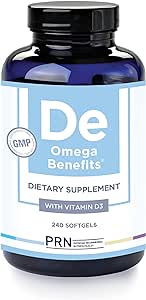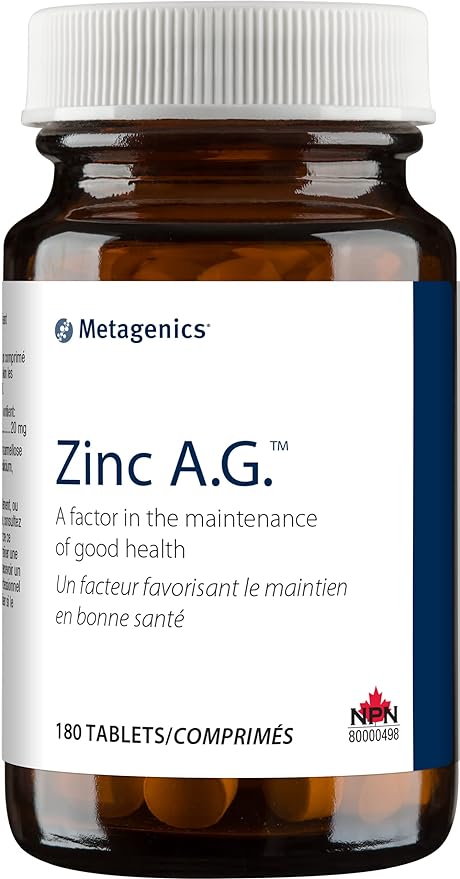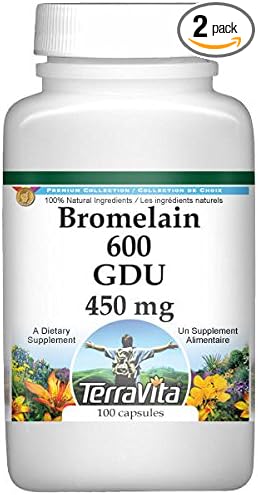Tendonitis, an inflammation of the tendons, can be a painful and debilitating condition. Alongside medical treatments, certain supplements have been found to aid in reducing inflammation and promoting tendon health.
Here, we explore the seven best supplements for managing tendonitis.
Tips for Choosing Supplements for Tendonitis
When dealing with tendonitis, choosing the right supplements can significantly aid in recovery. Here are some essential tips to guide your selection:
Understand the Cause of Your Tendonitis
- Research: Tendonitis can have various causes, from repetitive strain to specific injuries. Understanding the underlying cause can guide you in selecting the most effective supplements.
Look for Anti-Inflammatory Properties
- Key Ingredients: Supplements like Omega-3 fatty acids, curcumin, and bromelain are known for their anti-inflammatory effects, which can help reduce the swelling and pain associated with tendonitis.
Prioritize Quality and Purity
- Certifications: Look for supplements that are certified by reputable organizations (e.g., USP, NSF) to ensure quality and purity.
- Brand Reputation: Choose brands with good reputations and transparent ingredient sourcing.
Consider Collagen and Joint Health
- Collagen Boosters: Supplements like Vitamin C are crucial for collagen synthesis, aiding in tendon repair and health.
- Joint Support: Glucosamine and chondroitin can support overall joint and tendon health.
Check for Interactions
- Medication Interactions: If you are on medication, check for any potential interactions with the supplements you are considering.
- Consult Healthcare Providers: Always consult with a healthcare professional before starting any new supplement regimen, especially if you have underlying health conditions.
Read Reviews and Testimonials
- Consumer Feedback: Look for reviews and testimonials from other users who have taken supplements for tendonitis.
- Clinical Evidence: Research any clinical studies or evidence supporting the efficacy of the supplements.
Pay Attention to Dosage and Form
- Correct Dosage: Ensure you are taking the correct dosage for maximum efficacy, as recommended on the product or by a healthcare provider.
- Supplement Form: Supplements come in various forms (pills, powders, liquids). Choose the form that best fits your lifestyle and preferences.
Monitor Your Body’s Response
- Track Symptoms: Keep track of any changes in your symptoms once you start taking the supplements.
- Adjust as Needed: If you do not notice improvement, or if you experience side effects, consult with your healthcare provider for adjustments.
Lifestyle and Dietary Considerations
- Dietary Sources: Where possible, incorporate dietary sources of these supplements for a more holistic approach.
- Overall Health: Remember that supplements are most effective when combined with a healthy lifestyle, including proper nutrition and physical therapy if needed.
7 Best Supplements for Tendonitis
1. Omega-3 Fatty Acids

Recommended for: Anti-inflammatory properties
Found in: Fish oil, flaxseed oil
Dosage: 1-3 grams daily
Omega-3 fatty acids, particularly found in fish oil, are renowned for their anti-inflammatory properties. They can help reduce the inflammation associated with tendonitis and promote healing.
2. Curcumin (Turmeric)

Recommended for: Reducing pain and swelling
Found in: Turmeric root
Dosage: 500-2,000 mg daily
Curcumin, the active compound in turmeric, has powerful anti-inflammatory effects and is a strong antioxidant. It can be particularly effective in reducing symptoms of tendonitis.
3. Vitamin C

Recommended for: Collagen synthesis and repair
Found in: Citrus fruits, supplements
Dosage: 500-1,000 mg daily
Vitamin C is crucial for collagen synthesis, making it essential for tendon repair. It also has antioxidant properties that can help manage inflammation.
4. Glucosamine and Chondroitin

Recommended for: Joint and tendon health
Found in: Shellfish, supplements
Dosage: 1,500 mg daily for glucosamine; 800-1,200 mg for chondroitin
Often used in treating osteoarthritis, these supplements also show promise in tendon health by providing the building blocks for cartilage and tendons.
5. Magnesium

Recommended for: Muscle and nerve function
Found in: Nuts, leafy greens, supplements
Dosage: 200-400 mg daily
Magnesium is vital for muscle and nerve function and can help alleviate the muscle stiffness and soreness associated with tendonitis.
6. Bromelain

Recommended for: Reducing inflammation and pain
Found in: Pineapple, supplements
Dosage: 500-1,000 mg daily
Bromelain, an enzyme found in pineapples, has been shown to reduce inflammation and pain in tendonitis sufferers.
7. Zinc

Recommended for: Wound healing and immune function
Found in: Meat, legumes, supplements
Dosage: 11-40 mg daily
Zinc plays a crucial role in wound healing and immune function, which can be beneficial in the recovery process from tendonitis.
| Supplement | Benefit | Dosage |
|---|---|---|
| Omega-3 Fatty Acids | Anti-inflammatory | 1-3 grams daily |
| Curcumin | Reduces pain and swelling | 500-2,000 mg daily |
| Vitamin C | Collagen synthesis and repair | 500-1,000 mg daily |
| Glucosamine | Joint and tendon health | 1,500 mg daily |
| Chondroitin | Supports tendon health | 800-1,200 mg daily |
| Magnesium | Muscle and nerve function | 200-400 mg daily |
| Bromelain | Reduces inflammation and pain | 500-1,000 mg daily |
| Zinc | Wound healing and immune function | 11-40 mg daily |
Important Note: While these supplements can aid in managing tendonitis, they should not replace medical treatment. It is crucial to consult with a healthcare professional before starting any new supplement regimen, especially if you have underlying health conditions or are taking other medications.
Conclusion
Tendonitis can be a challenging condition, but incorporating the right supplements into your daily routine can aid in recovery and pain management. Omega-3 fatty acids, curcumin, and vitamin C are among the top choices for their anti-inflammatory and healing properties.
Always remember to consult with a healthcare provider for personalized advice and to ensure these supplements are safe for you.
Frequently Asked Questions About Supplements for Tendonitis
What supplements are most effective for treating tendonitis?
- Answer: Supplements known for their anti-inflammatory properties, like Omega-3 fatty acids, curcumin, and bromelain, are commonly recommended. Vitamin C and collagen-boosting supplements can also aid in tendon repair.
Can supplements cure tendonitis?
- Answer: Supplements cannot cure tendonitis but can aid in reducing inflammation and promoting tendon health. They should be used in conjunction with other medical treatments and physical therapy.
How long does it take for supplements to work on tendonitis?
- Answer: The effectiveness can vary depending on the individual and the severity of the condition. Some people may notice improvements within a few weeks, while others may take longer.
Are there any side effects of taking supplements for tendonitis?
- Answer: Some supplements may have side effects, especially if taken in high doses or in combination with certain medications. It’s important to consult with a healthcare provider before starting any supplement regimen.
Can I take multiple supplements together for tendonitis?
- Answer: Yes, you can take multiple supplements together, but it’s important to ensure they do not interact negatively with each other. Consulting with a healthcare professional is advisable.
How do I choose the right supplement for my tendonitis?
- Answer: Consider supplements with anti-inflammatory properties, check for quality certifications, read consumer reviews, and consult with a healthcare professional to find the best option for your specific needs.
Is it necessary to take supplements forever to manage tendonitis?
- Answer: The duration of supplement use varies. Some individuals may only need them during acute phases of tendonitis, while others might benefit from longer-term use. Consult with a healthcare provider for personalized advice.
Can dietary changes replace the need for supplements in managing tendonitis?
- Answer: Dietary changes can complement the use of supplements, as certain foods have anti-inflammatory properties. However, supplements often provide a more concentrated dose of the necessary nutrients.
Are supplements for tendonitis safe for everyone?
- Answer: While most supplements are safe for general use, they may not be suitable for everyone, especially those with specific health conditions or who are taking certain medications.
Can I use supplements for tendonitis during pregnancy?
- Answer: Pregnant women should consult their healthcare provider before taking any supplements for tendonitis, as some may not be safe during pregnancy.